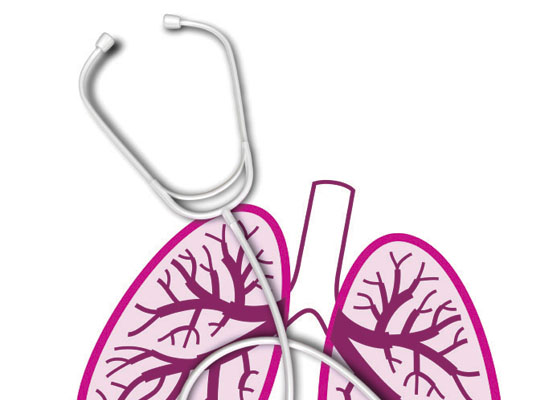Prescription opioids may increase pneumonia risk
In Clinical
Follow this topic
Bookmark
Record learning outcomes

Prescription opioids may increase the risk of community-acquired pneumonia (CAP), according to JAMA Internal Medicine.
Researchers from the US matched 4,246 people who needed hospitalisation for CAP with 21,146 controls. They defined ‘past use’ as opioid prescriptions filled 61-365 days before the index date, but not more recently, and ‘current use’ as prescriptions filled five to 60 days before the index date.
CAP patients were significantly more likely than controls to be past (16.8 and 12.7 per cent respectively) and current opioid users (20.1 and 11.3 per cent respectively).
Among people who received opioids, CAP patients took a higher average dose (22mg and 20mg morphine equivalents daily respectively) and were more likely to have received an immunosuppressive opioid, such as codeine, dihydrocodeine, fentanyl or morphine (41.3 and 33.2 per cent respectively) than those who did not develop pneumonia.
After adjusting for confounders, current opioid use increased CAP risk by 23 per cent compared with non-users. Past use of opioids with unknown or no immunosuppressive actions (e.g. hydrocodone, hydromorphone, oxycodone or tramadol) was associated with a 24 per cent increased CAP risk. Past use of immunosuppressive opioids increased CAP risk by 42 per cent.
In patients currently taking immunosuppressive opioids, CAP risk rose from a 35 per cent increase at low doses (less than 20mg daily morphine equivalents) to a doubling in risk (adjusted odds ratio [OR] 2.07) at medium doses (20- 50mg daily) and a three-fold increase (OR 3.18) at high doses (more than 50mg daily).
CAP risk also showed a dose-dependent rise in patients taking opioids with unknown or no immunosuppressive actions: OR 1.23, 1.35, 2.07 at low, medium and high doses respectively.
Limitations
The study had some limitations, such as being unable to account for illicit opioid use and being largely confined to men with comorbid diseases. The authors also could not rule out that respiratory depression rather than immunosuppression increased CAP risk.
Future studies should investigate the effects of opioids taken for longer, include other immune-related outcomes and ascertain whether lower doses and nonimmunosuppressive opioids reduce CAP risk.
In the meantime, the authors stress the importance of addressing other factors such as smoking cessation and vaccination that modify CAP risk in people prescribed opioids.
